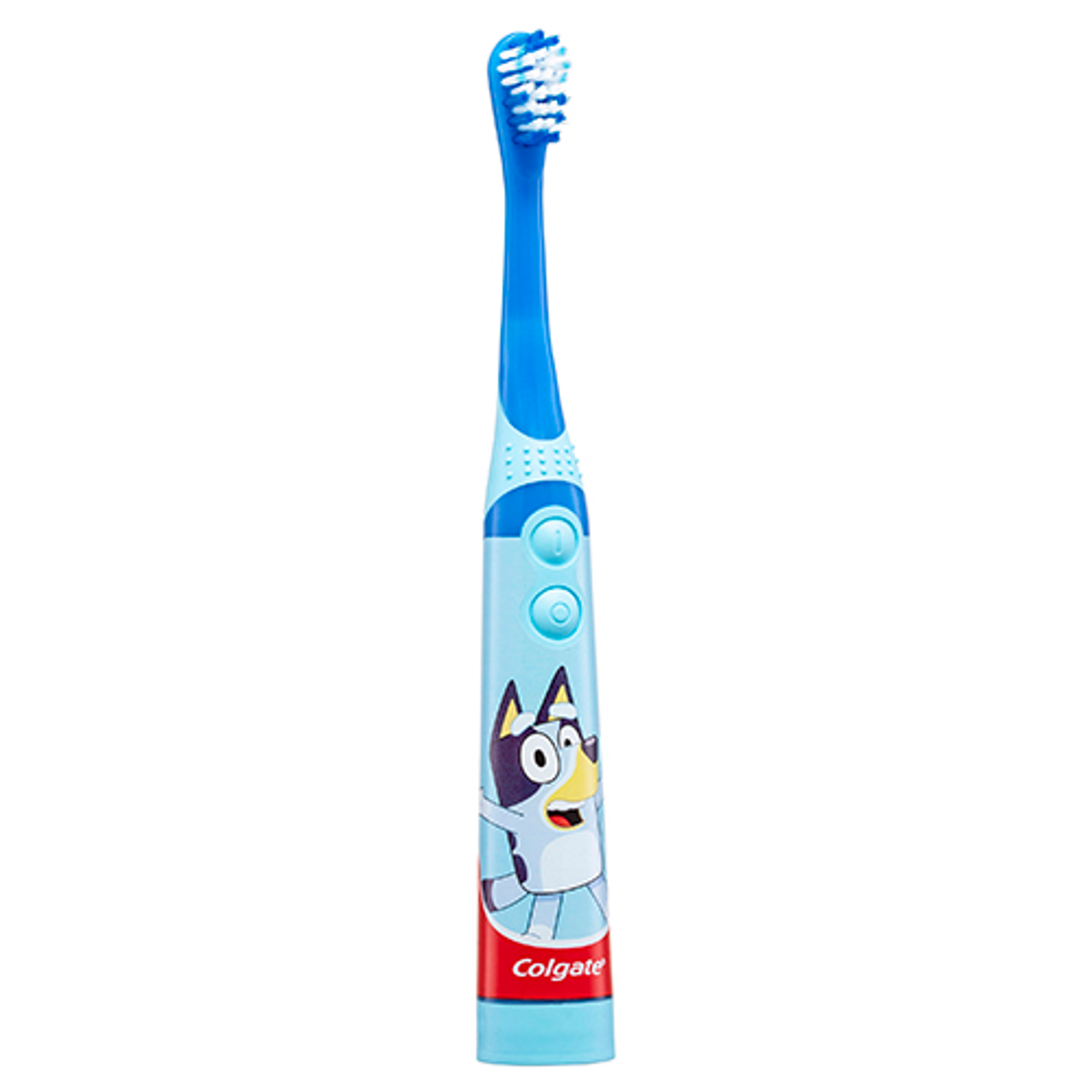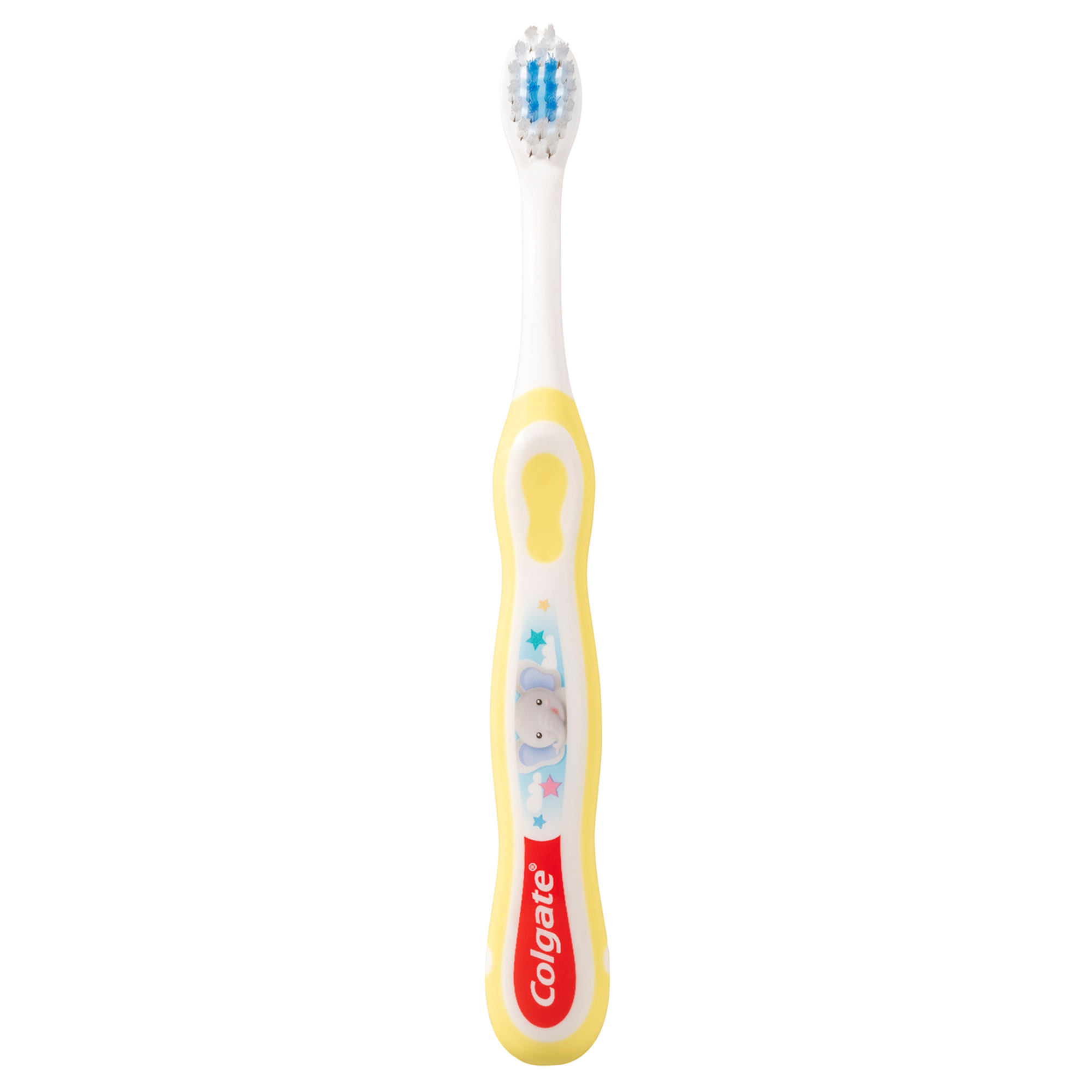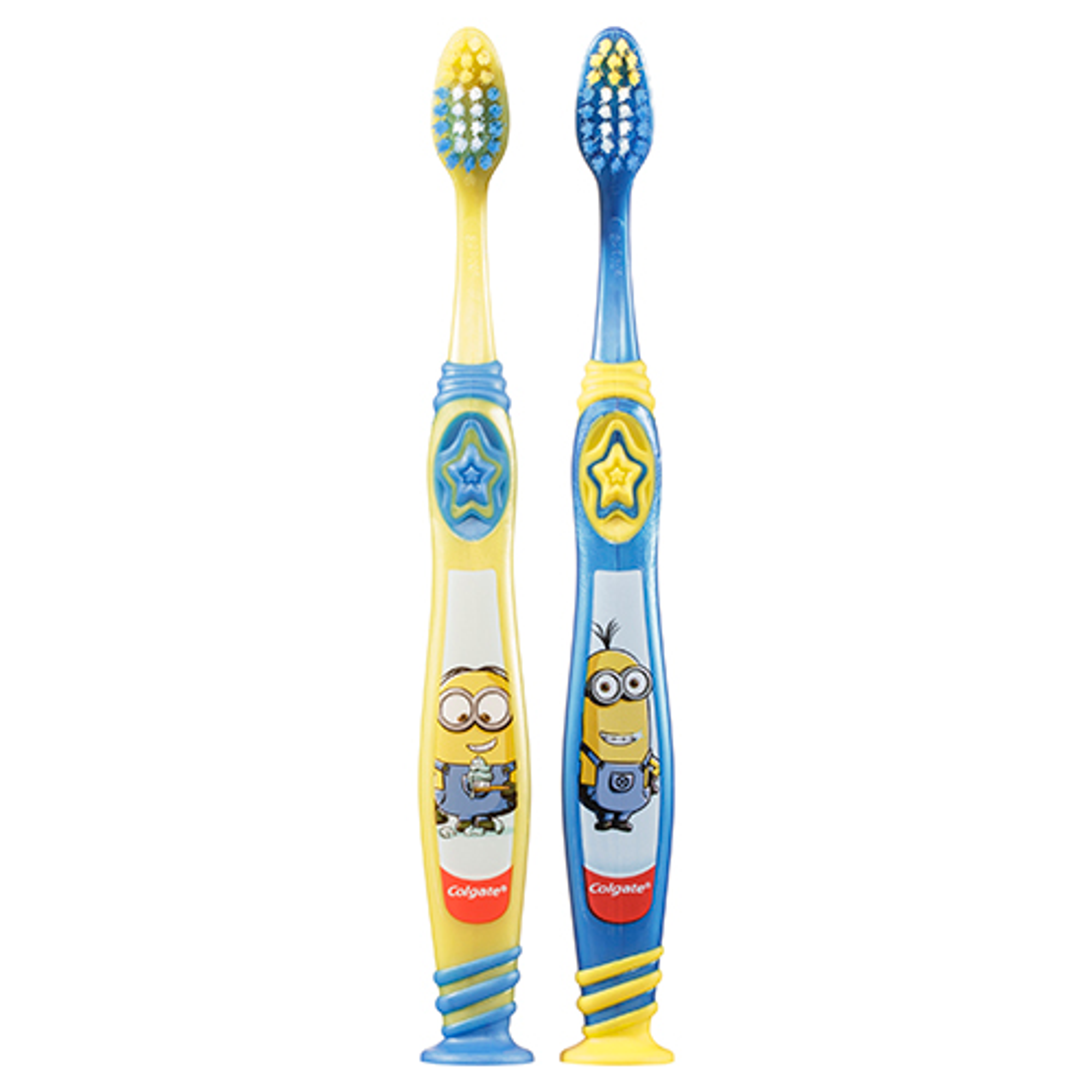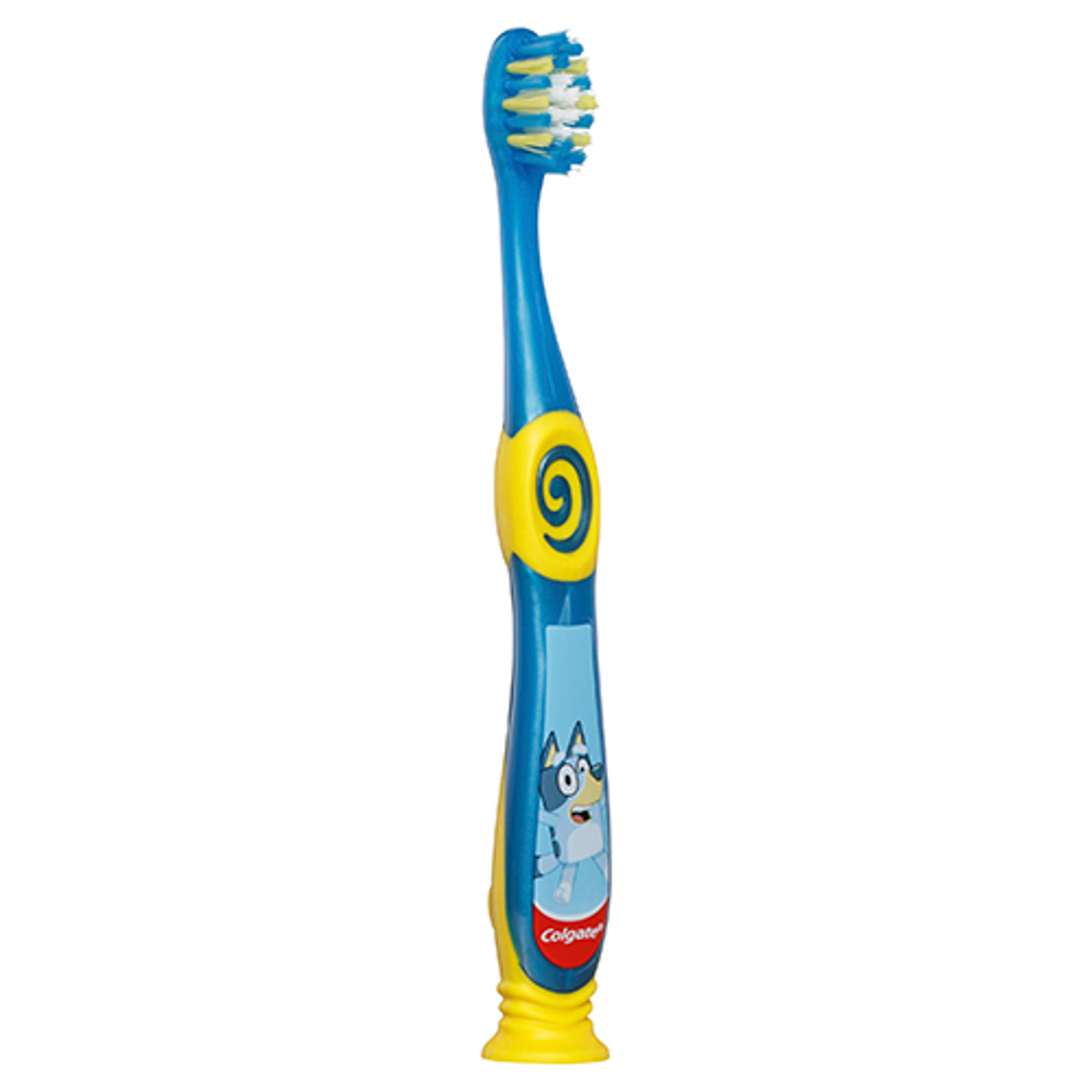-
-

BRUSHING & FLOSSING
How to BrushWhat Is the Right Way to Brush?
Proper brushing takes at least two minutes — that's right, 120 seconds!...

BRUSHING & FLOSSING
How To FlossWhat is the Right Way to Floss?
Proper flossing removes plaque and food particles in places where a toothbrush cannot easily reach... -
Science & Innovation
- Home
- Oral Health
- Early Childhood Cavities: What Parents Need to Know


Sometimes called “baby bottle tooth decay”, early childhood caries (ECC) is a serious disease that can destroy your child's teeth but it can be prevented.
What causes early childhood caries?
Although dental decay is a multifactorial disease one of the main factors in the development of ECC is sugar being allowed to contact the teeth for prolonged periods
- Letting your baby fall asleep with a bottle. When your baby is asleep, the liquids that contain sugar stay around the teeth and can cause decay. Even breast milk and formula contain sugar.
- Prolonged nursing with mother or allowing your baby to fall asleep while nursing.
- Allowing your infant to walk around with a bottle, sipping continuously.
Put your child to bed without a bottle...
Your child can fall asleep without a bottle. Here are five tips to try:
- Let your child take a "security" blanket, teddy bear, doll, or favourite toy to bed
- Quietly sing or play restful music
- Hold or gently rock your child
- Give your child a back rub to help him or her to relax
- Read or tell your child a story.
What are the potential effects of early childhood caries?
- Tooth decay
- Tooth loss
- Ear and speech problems
- Crooked permanent teeth
- Severe pain
- Poor self-image
How can I prevent early childhood caries?
- Get into the habit of putting your baby to bed without a bottle.
- Never put the baby to bed with a bottle filled with formula, milk, juice, sugar water, or fizzy drinks. If your baby must have a bottle to go to sleep, fill it with water.
- Do not let your infant walk around with a bottle.
- Start teaching your infant to use a cup between 6-12 months. Exchange your baby's bottle for a training cup by the time he/she is one year old.
- Check with your dental professional to make sure your child is getting enough fluoride on their teeth each day.
This article is intended to promote understanding of and knowledge about general oral health topics. It is not intended to be a substitute for professional advice, diagnosis or treatment. Always seek the advice of your dentist or other qualified healthcare provider with any questions you may have regarding a medical condition or treatment.
Related Products

Helping dental professionals
More professionals across the world trust Colgate. Find resources, products, and information to give your patients a healthier future










